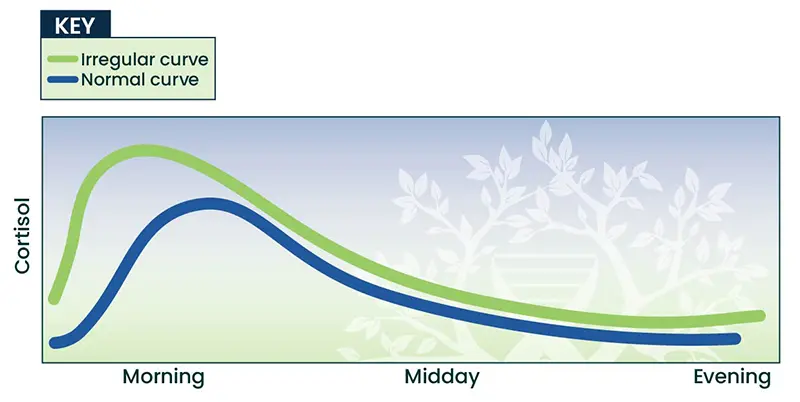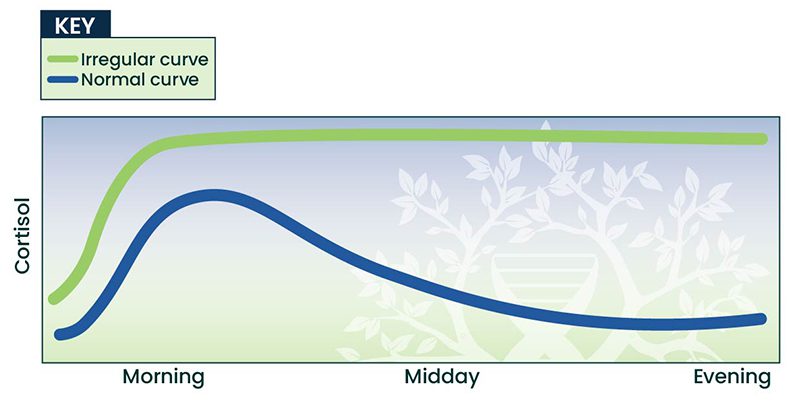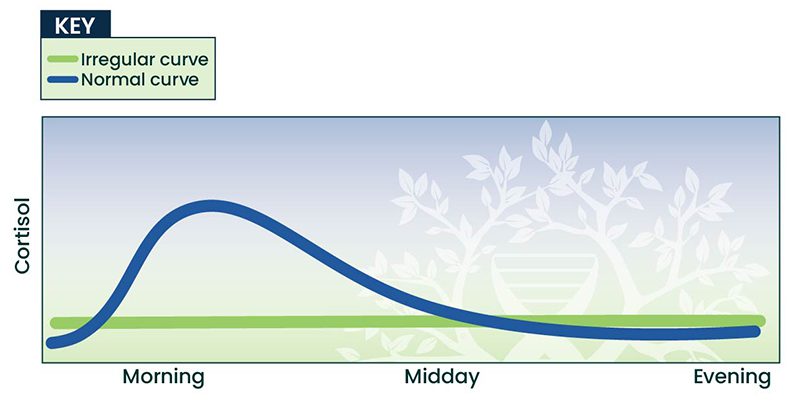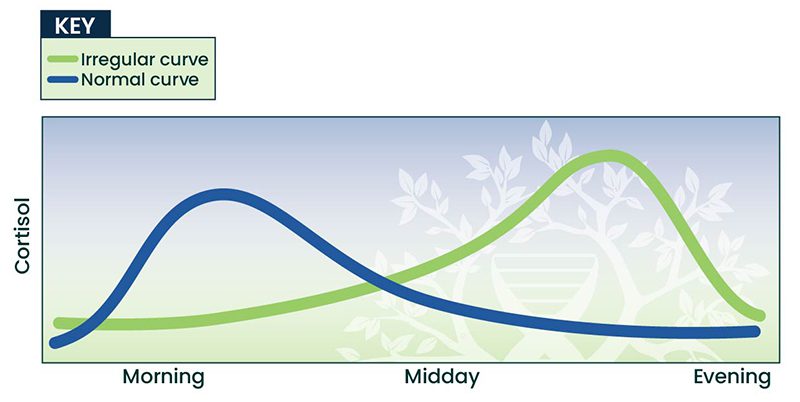Got Cravings? How to Break the Cycle
You’ve tried everything: mindful eating, eating by the clock, fasting, and even locking the cabinets. However, everywhere you turn, you’re craving something—often sugar, salt, or foods high in saturated fat—that are not so good for your body.
The thing about cravings is they will continue to happen if you don’t fix the root cause of the problem.
Where do Cravings Come From?
The short answer is stress. The long answer is much more complex, but completely necessary if you want to understand why even when you don’t feel stressed, you still battle cravings.
It all begins with the adrenal glands, those tiny organs that sit atop each kidney and are responsible for stress management. When you have a stressful experience (and keep in mind that stress can take many forms), your body will release the hormone cortisol. This hormone is designed to help you feel calm and rally the body’s resources for fast energy to react to danger. Cortisol stimulates fat and carbohydrate metabolism for a quick burst of energy while also stimulating insulin release to stabilize blood sugar levels. As a result, you experience an increase in appetite and cravings for high-fat, sweet, or salty foods.
The fast pace of modern life often pushes the adrenal system to the brink of exhaustion. The constant day in and day out needs of your job, your family, and more can cause your stress response system to fail over time. This may leave you lacking energy throughout the day and can make cravings an ever-present part of your life.
Get to Know Your Cortisol Curve
Stress is part of life. Even if you could remove some of the most stressful things in your life, stress exists. Problems occur when your body’s reaction to everyday stress kicks into overdrive. Living in this state may make you feel tired all the time, leave you battling cravings, and can contribute to poor sleep, anxiety, and irritability.
Your cortisol levels should follow a consistent curve with peak levels in the morning (around 8 A.M.) and a slow steady release occurring until bedtime. When your adrenal system is working correctly, cortisol acts as a slow-release energy pill throughout the day and tapers off when it is time for sleep. However, the “chronic stress” of modern life causes many people’s cortisol curves to look more like a roller coaster ride, or worse, remain completely flat, resulting in a low energy level when energy is needed most.
“Find Your Cortisol Curve” graphics like the ones shown here
Cortisol High in the Early Morning

Cortisol High Throughout

Cortisol Low Throughout

Cortisol High Evening

Natural Solutions to an Overtaxed Adrenal System
If you suspect your cortisol levels are out-of-whack and your adrenal system is working overtime, consider making a few lifestyle changes to improve your health. However, if symptoms persist, find a practitioner near you who specializes in integrative and preventive medicine therapies designed to support natural healing.
- Change Your Diet. Low-carb diets are useful for maintaining a healthy weight and keeping excess sugar out of your diet. Yet, many people do not cycle carbs correctly to support a healthy cortisol curve. In one trial, researchers found subjects who ate fewer carbs in the morning, moderate carbs in the afternoon, and higher amounts of moderate-glycemic carbs (like sweet potatoes, chickpeas, or fruit) in the evening were able to “reset” their curves.
- Add Nutraceuticals. Increasing your intake of vitamins C and B5, along with omega-3 fatty acids can help support a healthier cortisol curve. Depending on the type of imbalance you are experiencing, you may need additional supplements to help achieve your goals.
- Hydrate. Hydrate. Hydrate. Dehydration is a common concern for the chronically stressed. Not only do many people forget to drink enough water each day, but stress causes anxiety which triggers a cascade of effects that contribute to increased fluid loss. Increase your water intake and consider adding amino acids, electrolytes, or a hint of lemon, lime, cucumber, or mint to your water. These nutrients can help support beneficial hydration.
- Try to Relax. Find an activity that helps turn off your mind and escape from incoming distractions. Yoga or a peaceful walk among nature—without your cellphone—is one calming option. Allow yoursel fat least 10 minutes to calm and center your mind.
- De-Stress with Adaptogens. Adaptogenic herbs have been used to support stress relief in Traditional Chinese Medicine practice for many years. Ask your practitioner whether adding ginseng, rhodiola, ashwagandha, and other nutrients may help address adrenal overload.
If you are experiencing symptoms of an irregular cortisol curve, contact a healthcare practitioner to discuss next steps. A saliva lab panel can typically confirm an irregular curve, and your practitioner can develop a targeted treatment plan to help correct the condition. The experienced practitioners of EVEXIAS Health Solutions are trained to identify the imbalances that cause adrenal system distress, anxiety, depression, sleep problems, and more.With a complete and customized treatment plan, your practitioner can help you address the root cause of your problem and discover optimized health.








